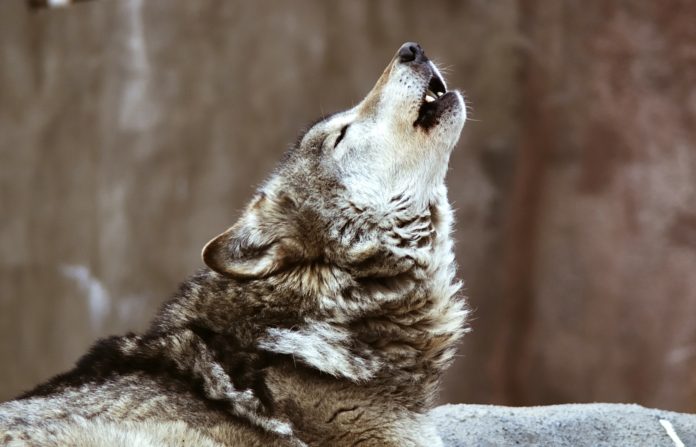
Shocking News! Female Wolf Killed By The Washington Department Of Fish & Wildlife Leaving Only Two Wolves Remaining In Her Pack
The Washington Department of Fish and Wildlife (WDFW) reported today that a non-breeding adult female wolf from the Wedge pack in the Kettle Range in northeast Washington was killed yesterday, leaving only two wolves in the pack. This action comes days after WDFW shockingly issued a lethal removal order for one wolf in the pack. WDFW has now moved to an evaluation period for both the Wedge and Togo wolf packs.
You can help all animals and our planet by choosing compassion on your plate and in your glass. #GoVeg


